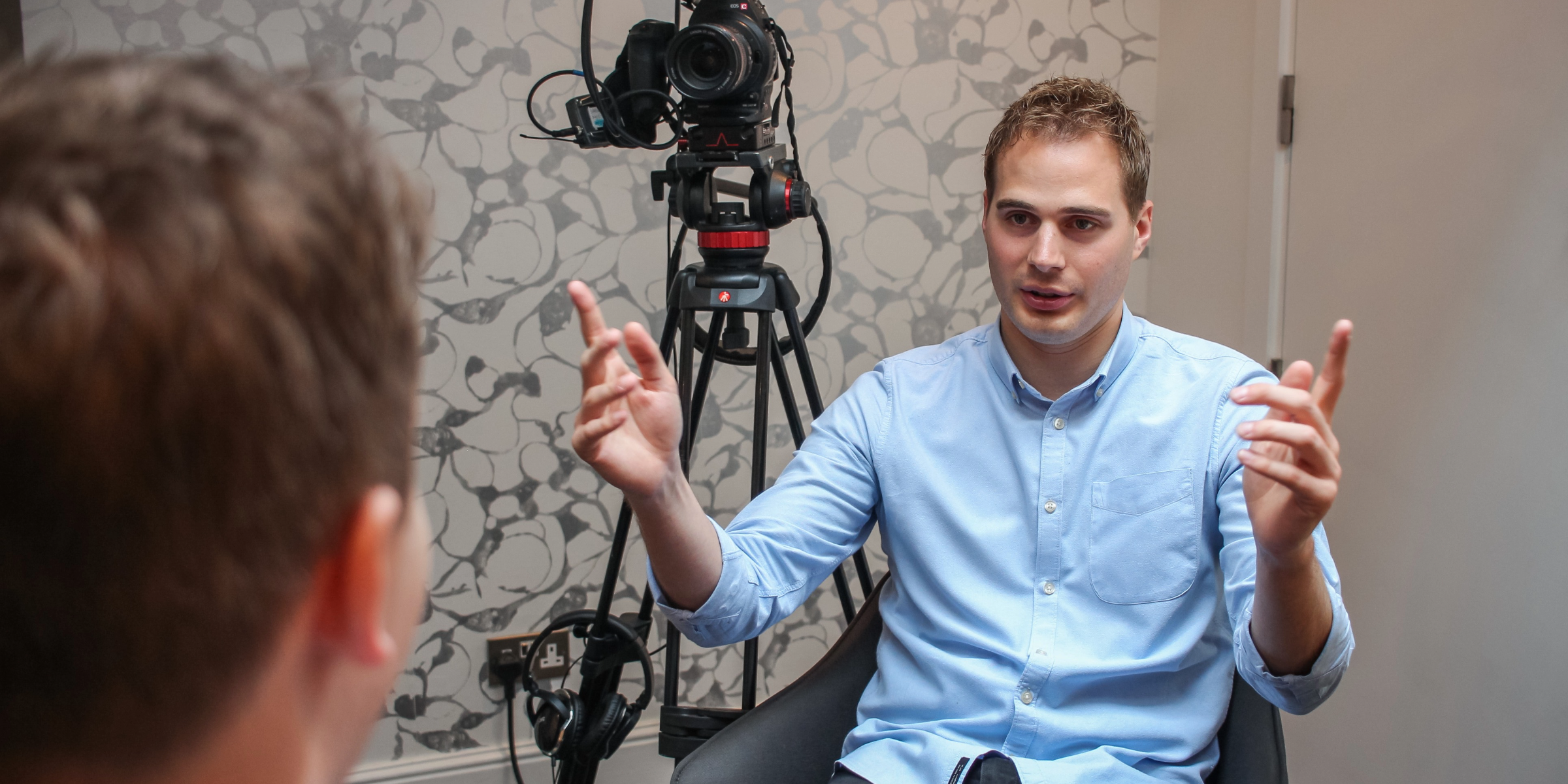The station
It’s a national, digital radio station which reaches over half a million people every week, but also one that is perhaps not as well understood as the more mainstream BBC stations. So it was with interest that we welcomed George Mann, Impact Editor at BBC Asian Network, to speak at one of our regular Shout! Communications Small Talks.
The station began life in the Midland and in 2002 became national. It provides news and engaging content for a very specific audience; they are British Asians who have family connections with South Asia, in particular Bangladesh, India and Pakistan. The target audience is also very young – under 34s, a demographic the channel shares with BBC Radio 1.
Individual programmes, however, attract a more diverse audience. For example, Asian Network Reports has more male listeners, around 40% of whom are ABC1 and the remainder C2DE. The Big Debate, a daily programme looking at issues of the day, has a slightly older audience of 45 years plus, 35% of whom are ABC1.
Asian Network is unique in being the only dedicated news service for Asian communities in the UK. Not only that, George said, but it brings new and unique voices to other parts of the BBC. A story may start on Asian Network but journalists there can make other BBC stations and programmes aware of it and they may run it too; cross-pollination was the term George used to describe this.
Music is really important to this audience and whilst they enjoy western culture too Bollywood, ancient Bollywood and Bhangra are popular styles.
Ambitious
The Asian Network team are trying to break down barriers and change the rules when it comes to coverage of Asian culture in Britain. The people and stories they cover won’t always be traditional, and this is for good reason. They want to represent that community in the most modern way possible, so it’s more relatable for their audience. Asian people doing Asian things and Asian people doing non-Asian things can all lead to a story. George showed us an example of a young Asian tattoo artist – a women in her early 20’s – who was doing a job that would not traditionally be seen as one for Asian people. Her appeal is that she is ground breaking and her story is character led.
George also explained how a news bulletin on BBC Asian Network would be very different from one on Radio 1 Newsbeat, Radio 2 or even Radio 4. For instance, their main stories at the time of the talk were the Cricket World Cup, Indian Elections and Brexit. Yes, the B word still makes its way into their bulletins but with a different twist than other broadcast channels. Immigration, for example, would be much more relevant to George’s team.
Health stories are another good example; diabetes for example is a condition that Asian people are particularly susceptible to, so this would be of particular interest.
In terms of the PR world working with a station like BBC Asian Network, George says it’s all about crafting a story for their audiences. As always, relevant case studies are a must, and it’s better to give the station a few weeks’ notice so they can plan around what they might like to do with your story. Like most BBC stations, they are open to PR content, but only as long as it’s not overly branded and has a strong and relevant news hook.



